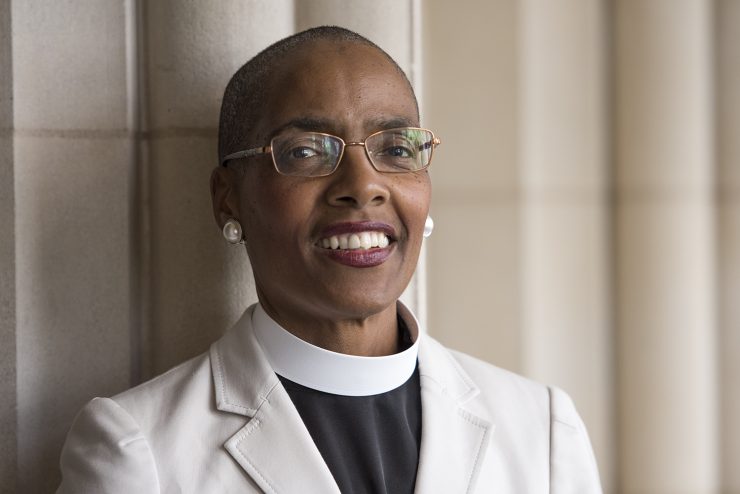A Better Way … to Hold on to Hope
“How, really, do you keep hoping?” my son once asked me. “You lived through the 1960s, and here we are again. Aren’t you just tired of it all?”

Desmond wasn’t the first person to ask the question, and it reflected a generations-long despair over the historical pattern of Black people’s struggle for freedom and their efforts to move this country a little closer to its own democratic vision. At every turn where there has been progress toward becoming a nation of “freedom and justice for all,” there has been a determined backlash.
Perhaps sociologist and historian W.E.B. Dubois put it best in describing post-Civil War Reconstruction and its aftermath, with the rise of lynching and Jim Crow: “The slave went free; stood a brief moment in the sun; then moved back again toward slavery.”
For a time, it felt like we were making real progress. We celebrated the election of America’s first Black president and, later, our first Black and South Asian female vice president. We seemed to be inching toward a democracy that was – finally – confronting the divides of race, class, gender and sexuality.
And then, that vision for democracy seemed on the verge of defeat. It is so easy to lose hope in the moment. Yet the lessons of Black America and the struggle for civil rights offer some answers on how to cling to hope in deeply despairing times.
Desmond’s question, and the despair it reflected, has been asked at every point in the struggle toward Black freedom. It was asked both in the 1860s and the 1960s, and yet Black people kept going. They did not give in to the despair of hopelessness, but rather were buoyed by their trust in God.
“All we have to do is trust God and launch out into the deep,” activist Fannie Lou Hamer proclaimed amidst the violence and racism confronting Black Americans seeking the vote in Mississippi. And so they did. They trusted in the justice that God promises us all—and thus “launched” into the deep fight for freedom.
In the end, I answered my son by telling him the story of Fannie Lou Hamer and so many others. I told him the story of those Black people who were born into slavery, who died in slavery and who never drew a free breath. Yet, they fought for freedom anyhow. It was a freedom they knew they would never see, yet they trusted in a God who would one day make it a reality. Their trust in God’s justice was their hope, and they lived out that hope in their struggle for freedom. Because of their hope, there was a Fannie Lou Hamer who could hope.
Because Fannie Lou Hamer could hope, I can hope. And because I can hope, my son can hope.
I owe it to the enslaved, and to Fannie Lou Hamer, not to grow tired nor to give up hope. Because of them, we are compelled — even in despairing times — to hope and to fight for a time where there will be freedom and justice for all.
This isn’t just a lesson for Black Americans, but for all Americans. If you find yourself despairing for the country you thought you knew, or would like your children or grandchildren to know, we must cling to hope. We must trust the way that generations past trusted, in the justice of God. And we must act.
This is what I told my son.
A Prayer for Holding on to Hope
Sing a song full of the faith that the dark past has taught us,
Sing a song full of the hope that the present has brought us;
Facing the rising sun of our new day begun,
Let us march on till victory is won.
“Lift Every Voice and Sing,” by James Weldon Johnson